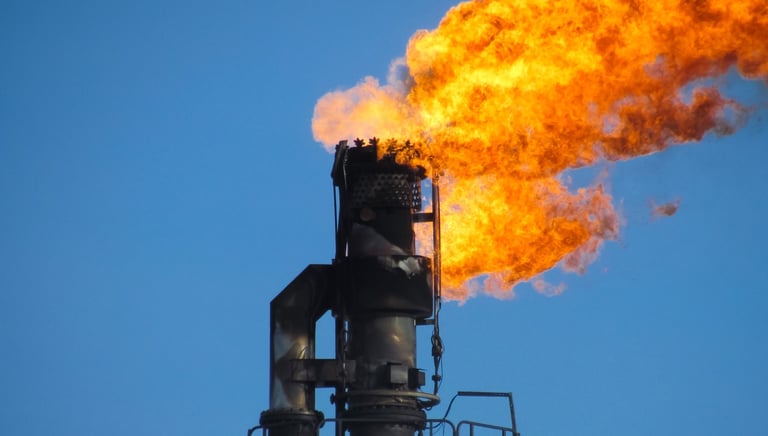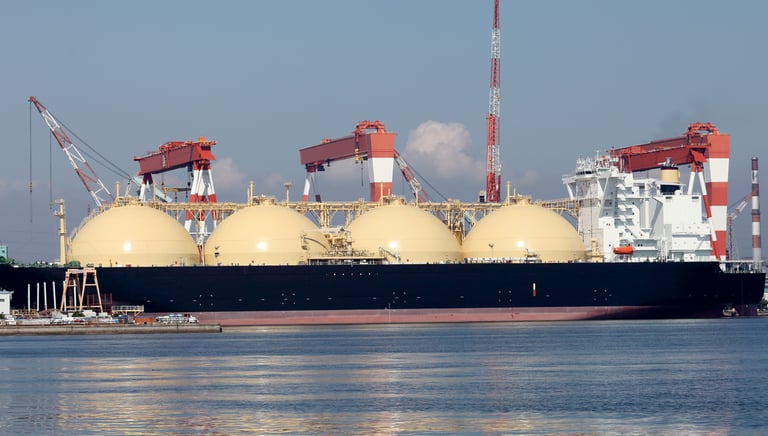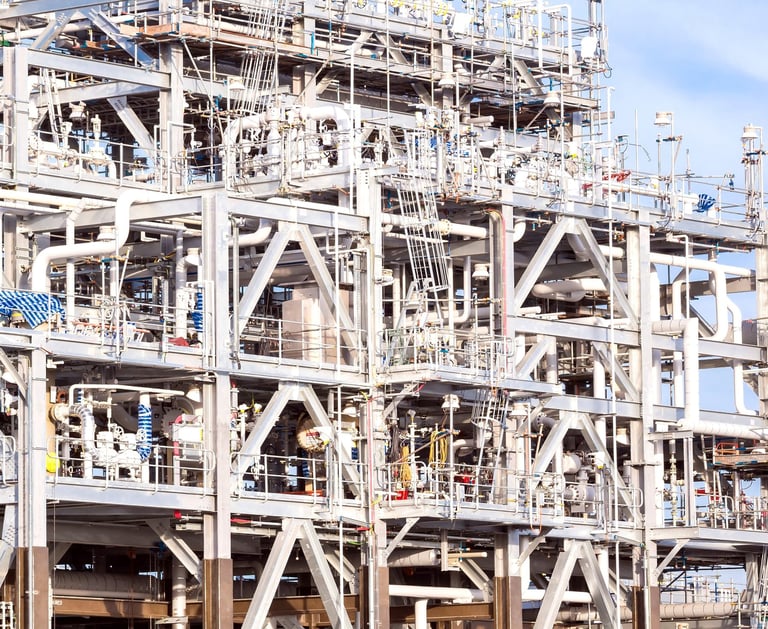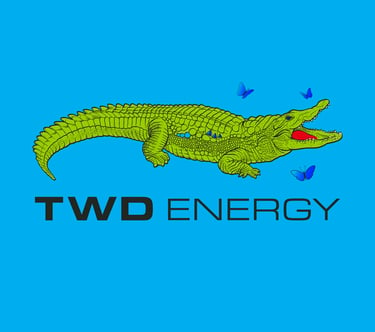Flaring in the Niger Delta
Burning Money
The Niger Delta region currently has over 100 gas flaring sites, some of which have been in operation for more than 40 years. Today, approximately 50% of total gases in production in Nigeria are burnt-out through flaring. According to data from 2022 Global Gas Flaring Tracker Report by World Bank, Nigeria ranks as the seventh largest gas flaring nation in the world.
The amount of gas that has been flared in Nigeria in 2022 is estimated to be 224 billion scf. Nigeria is in need of much help to make Net Zero Emissions by 2050 a reality. Non-emergency flaring is to be eliminated globally by 2030, resulting in a reduction in flared volumes of around 90%.




An Environmental Atrocity
In the year 2016, Nigeria's emissions from flaring were calculated by the US Environmental Protection Agency to be equal to more than 3.5 million passenger automobiles for an entire year.
Globally, Natural gas flaring in Nigeria contributes about 1 percent to global CO2 emissions.
Due to the incomplete combustion caused by flaring, significant volumes of soot, carbon monoxide, ethane and methane are created, increasing the problem of air pollution, acid rain, endangering species and burdening the health of humans that live there.
Flaring also produces CFC's and Hallons-carbons which contribute to the destruction of the ozone layer, and allowing more UV radiation to enter the surface of the earth.
HOW WE CAN HELP
Capture the Gas




